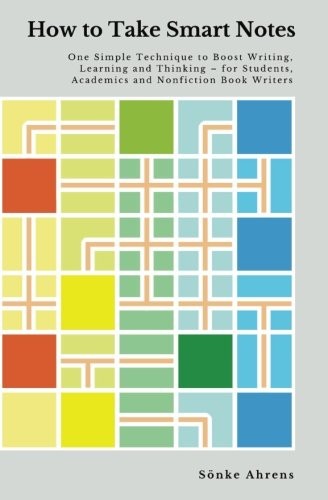Malte finished reading Range: Why Generalists Triumph in a Specialized World by David Epstein
Repetitious like so many other American "non-fiction" books. They're too talkative, too chatty. Reads like a book-length magazine article. Authors handicapped by their journalistic ethics: Always slightly at a distance to their topic at hand. Perhaps they harbor desires and dreams in their hearts, but they manage to inhibit or repress them mostly, even while ostensibly telling the mandatory Personal Tale ("Why did I get into this weird and fascinating topic in the first place?"), perhaps some genuine excitement slips through here and there, but the overall experience is that the author is weirdly inhibited and de-attached through out. Probably this has everything to with the American publishing industry and at the end of the day, it's the editors that choose the titles and weed out the most idiosyncratic passages from the books. I don't know. But I am bored by this literary genre.
That said, and to finally get …
Repetitious like so many other American "non-fiction" books. They're too talkative, too chatty. Reads like a book-length magazine article. Authors handicapped by their journalistic ethics: Always slightly at a distance to their topic at hand. Perhaps they harbor desires and dreams in their hearts, but they manage to inhibit or repress them mostly, even while ostensibly telling the mandatory Personal Tale ("Why did I get into this weird and fascinating topic in the first place?"), perhaps some genuine excitement slips through here and there, but the overall experience is that the author is weirdly inhibited and de-attached through out. Probably this has everything to with the American publishing industry and at the end of the day, it's the editors that choose the titles and weed out the most idiosyncratic passages from the books. I don't know. But I am bored by this literary genre.
That said, and to finally get to the actual content of the book, the main point IS important and relevant. If you're easily persuaded, like myself, you could read the introduction and the first chapter or so. Then you'll get the point. The rest is mostly telling magazine-stories of the same thing. I'm a stubborn reader, so I read books to the end. But you really don't have to. /Rant over













